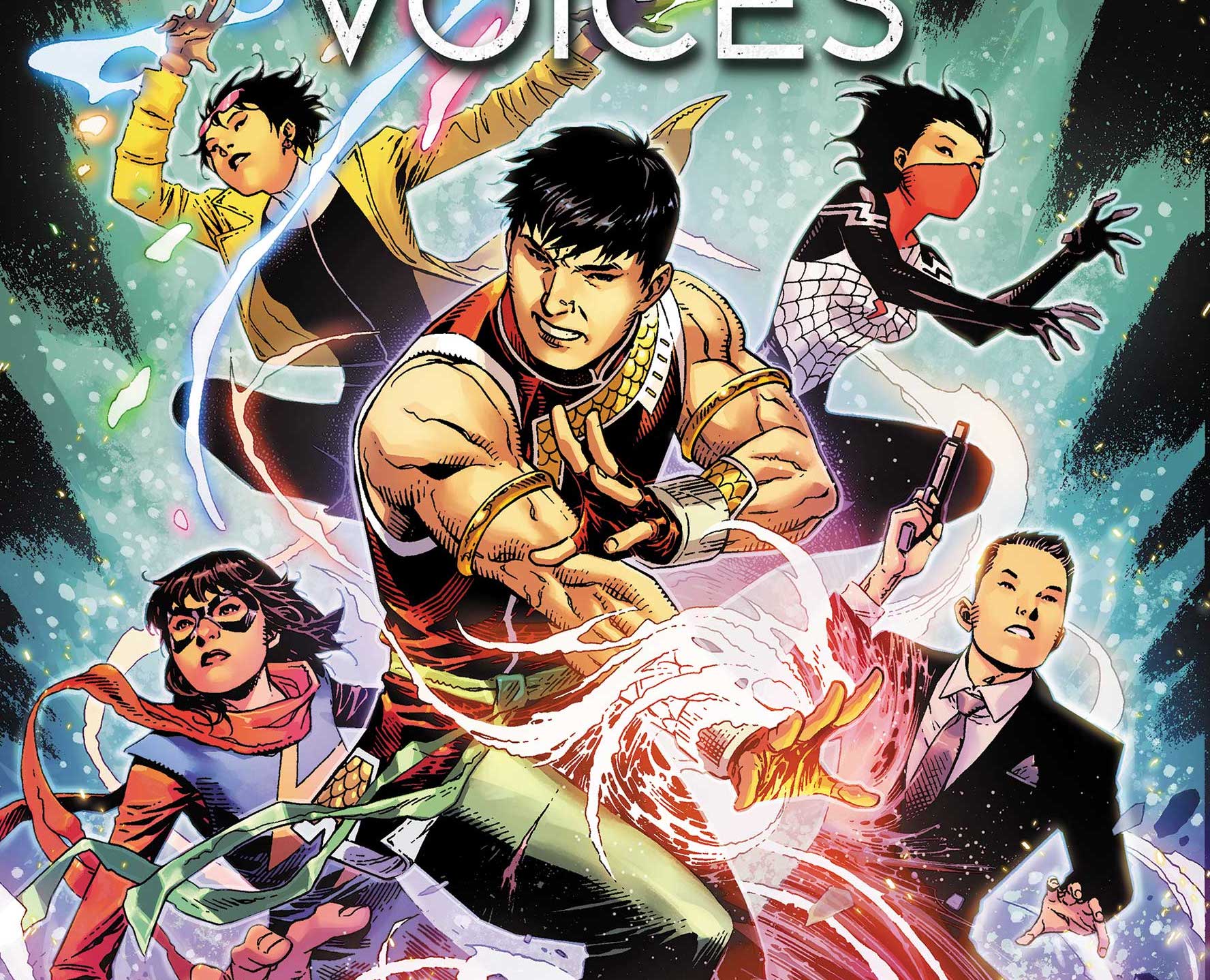The idea that a group of people should be able to proactively represent themselves in media is, somewhat tragically, a recent addition to the annals of the arts and literature. One could (and should and do) argue that unflattering representations of diverse peoples in media aren’t simply microaggressions against those peoples, but major acts of repression when wielded by nefarious parties.

Marvel Comics
Comic books, for all their four-color goofiness, don’t have the best record of positive representation. Whether it be garish blackface food truck owners, wild misunderstandings of the plights of indigenous peoples, or—more on topic here—the inclusion of famous racial stereotypes as major supporting cast to superheroes, misrepresentation has been constantly problematic until troublingly recently.
Some might attribute this to changing social norms, and others to a sort of bullheaded bumbling by an unquestioning staff. There’s supporting evidence, certainly, for both arguments, but most telling of the persuasiveness of casual, representative racism is that latter condition.

Marvel Comics
In an interview with comics legend Larry Hama conducted by all-around media/activist wunderkind Angélique Roché, collected in this week’s Marvel’s Voices: Identity, Hama said,
“There were vestiges of things left over from previous generations, the conceptual stuff. The ingrained sort of prejudice tht people didn’t notice anymore, like coloring Asian people bright yellow. It wasn’t like this was a policy—it was because that’s the way it had always been done. That was the way that they/we were trained to do these things. So they just kept on doing that. Even if the people that were doing them themselves were Asian.”

Marvel Comics
That’s a rather telling anecdote for the persuasiveness of institutionalized behavior, troubling representation issues enduring in the 1970s, even at the hands of the people being misrepresented. The Marvel’s Voices series of books looks not only to correct that but to celebrate both proper representation and the creators both then and now that have worked to shift the industry out of those ongoing issues.

Marvel Comics
Identity focuses on the wide net of Asian and Pacific Islander heritage. Horrifically, it’s a community currently and quite literally under attack. While no single trade paperback collection of comics can hope to battle the cruel injustices of reality, Voices does its due diligence of presenting an earnest, hopeful, and diverse set of comics stories that at the very least improve concerns in this corner of the culture.

Marvel Comics
On display are heavy hitters—Jubilee, Kamala Khan, recent MCU breakout Shang-Chi—as well as somewhat buried gems like Silver Samurai and standout Silhouette. The book is also a sort of who’s-who of AAPI Marvel talent, from longstanding well-knowns like Hama and Greg Pak to recent rising stars like Peach Momoko, plus a handful of crossover creators associated with other markets, like novelist Maurene Goo.
Collecting the one-shot and a handful of other issues/stories, Voices seems, on the surface, a simple sampler of Asian characters by Asian creators, but its inclusion of insightful essays and interviews by and with those creators makes it seem academically pointed, as if this book (along with the other Marvel Voices volumes) might be useful educational resources—whether that be for comics studies classes or straight-up race and ethnic studies courses.

Marvel Comics
It’s a wonderful, powerful collection, one that wants to look forward to a culturally celebrated future rather than dwell on the misrepresentative past.
Join the AIPT Patreon
Want to take our relationship to the next level? Become a patron today to gain access to exclusive perks, such as:
- ❌ Remove all ads on the website
- 💬 Join our Discord community, where we chat about the latest news and releases from everything we cover on AIPT
- 📗 Access to our monthly book club
- 📦 Get a physical trade paperback shipped to you every month
- 💥 And more!













You must be logged in to post a comment.